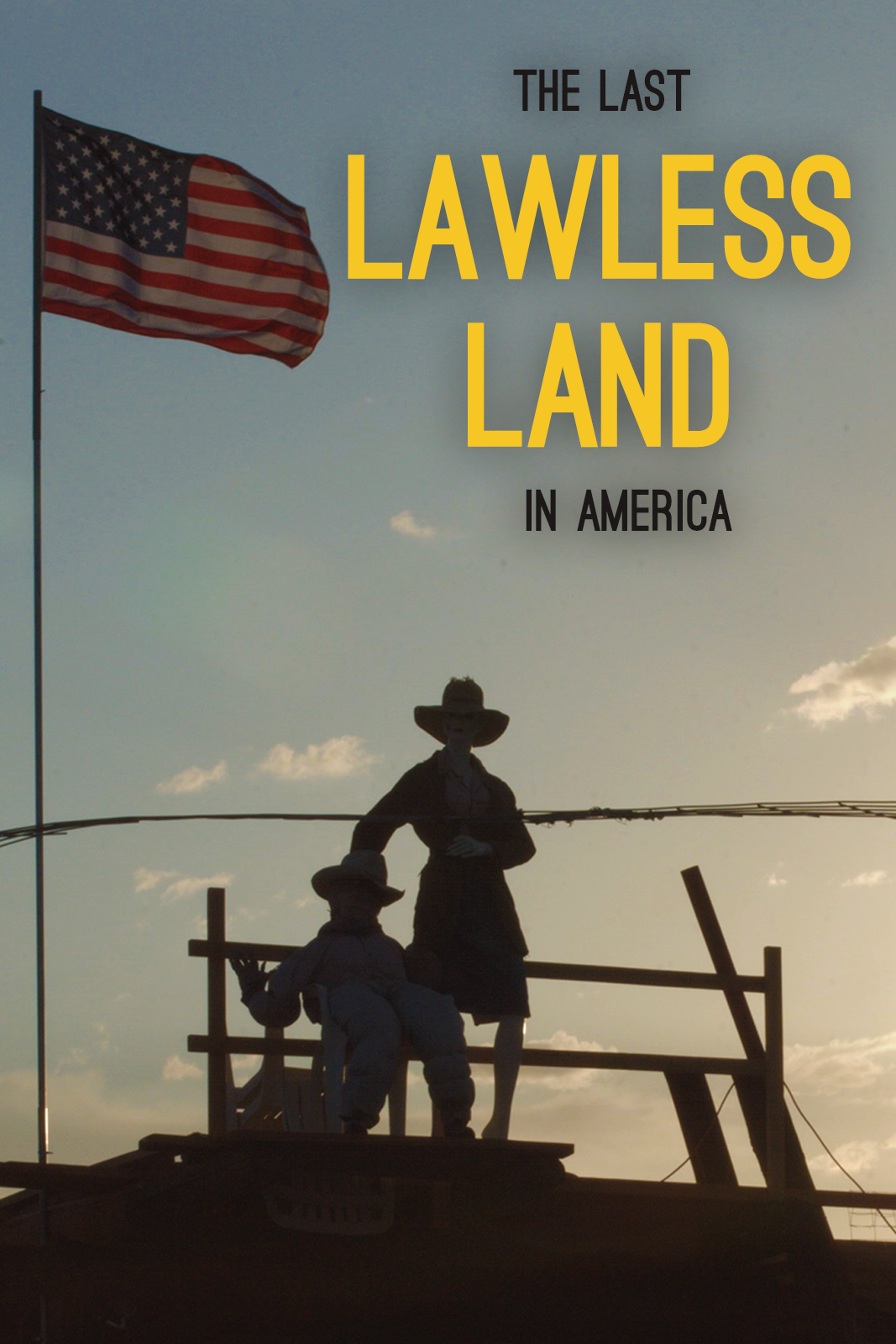The Swiss Village Farm, RI
The Swiss Village Farm (SVF) is at its core, a deluxe sperm bank. The organization concerns itself with Tunis Sheep and Oberhasli rather than mere ... humans, however. With over 100,000 samples taken from endangered species of cattle, sheep, various grains and other special beings, it is one of the world's premiere preservation efforts.
A world class, very special seed bank
The Swiss Village mission is to protect rare and endangered species of plants and animals.
What is the Swiss Village Farm?
The Swiss Village Farm (SVF) is at its core, a deluxe sperm bank. The organization concerns itself with Tunis sheep and Oberhasli goats rather than mere ... humans, however. With over 100,000 samples taken from endangered species of cattle, sheep, various grains and other special beings, it is one of the world's premiere preservation efforts. Source
Where is the Swiss Village Farm?
The Swiss Village Farm is located in Newport, Rhode Island.
Where are the specimens kept?
As stated on the SVF website, "The collection resides at the Dorrance Hamilton Cryo Conservation Laboratory, at the Smithsonian Conservation Biology Institute in Front Royal, Virginia." Source:
How does the Swiss Village Farm preserve seeds and cells?
The Swiss Village Farm practices several preservation techniques. Along with the live farm the Swiss Village Farm practices cryopreservation to protect rare and endangered species of plants and animals. Source
Crypopreservation Source
What is cryopreservation?
Cryopreservation is a special technique used for storing animal and plant matter for extended periods of time without damaging the cell structures of the samples that is common with other 'freezing' techniques. In this process, living cells are combined with cryoprotective agents (CPA) and the mixture is cooled to a very low temperature. The added agents protect the cells from freezing entirely which would destroy the sample. Source
A Tennessee Myotonic Goat Source
What is the history of the Swiss Village Farm?
The farm's history starts with the purchase of a Rhode Island property in 1909. It was a fine piece of land in the city of Newport. By 1914 the property owner, Arthur Curtiss James had acquired many surrounding acres and started a project that would set the stage for what was to come. James' hope was to create a farm worthy of housing his newly inherited prize winning Guernsey cattle from his deceased father. It all started as a farm built for some special cattle. Over the years the farm grew, more animals were added and time continued. It doesn't seem like too much excitement took place between the death Arthur Curtiss James in 1941 and when it became the seed bank it is today. In the interim the village operated as an alcoholic recovery center and for a time a center for the diasabled. It wasn't until 1998 when the village was purchased by Dorrance Hill Hamilton who, in a similar fashion as Arthur Curtiss James, wanted to build something to protect special animals. In Hamilton's case, it was a seed bank and endangered species refuge. Source
The Swiss Village Farm has preserved over 100,000 plant and animal samples.
The Swiss Village Farm was established as a seed bank in 1998
Samples from The Swiss Village Farm are preserved with a technique called cryopreservation
Cells from The Swiss Village Farm are stored at the Dorrance Hamilton Cryo Conservation Laboratory, at the Smithsonian Conservation Biology Institute












